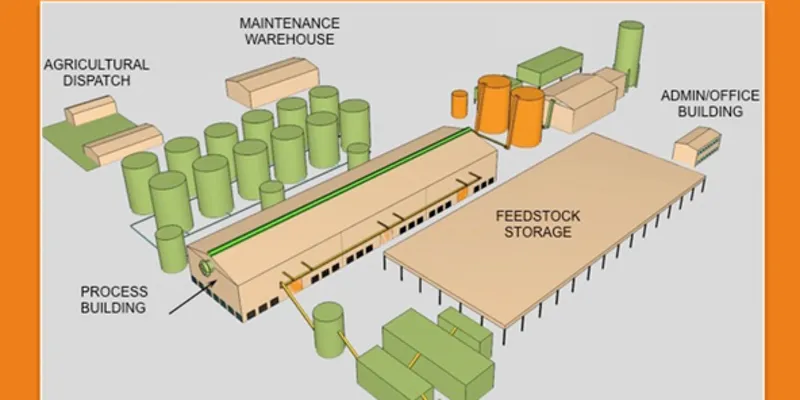From paddy straw to compressed biogas for automobiles – how Indian Oil is changing the way India drives
The use of compressed biogas will not only lead to the reduction in pollution, but will also be an additional source of revenue to the farmers, rural employment, and betterment of the rural economy.
The government-owned oil and gas company Indian Oil is setting up a compressed biogas plant at Gorakhpur, Uttar Pradesh. Part of the biofuel complex in the city, the plant will have a capacity of processing 200 tonnes of paddy straw every day.
The first phase of the plant has seen an investment of Rs 1,050 crore by the Union and state governments, and is a part of the government’s vision to double farmers' income by 2022.

Compressed biogas has calorific value and other properties similar to compressed natural gas (CNG), and hence can be utilised as a green renewable automotive fuel. Thus, it can replace CNG in automotive, industrial, and commercial areas.
Currently, India imports 77 percent of its crude oil requirements and about half of its natural gas requirement. The Narendra Modi government has set an ambitious target of reducing this import by at least 10 percent by 2022.
Globally, countries like Germany, Italy, the UK, France, and Switzerland have gained significant success in compressed biogas, which is mostly fed into local natural gas grids and used for power generation. Besides, vehicles fuelled with biogas (either pure or blended with natural gas) are in operation. Operated primarily by farmer co-operatives, these plants utilise crop residue of maize or turnips as feedstock in their plants.
The government has set a fixed price of Rs 48.30 per kg (including a five percent GST) for compressed biogas till October 2021. In comparison, CNG is priced at Rs 45.20 in the national capital (as on March 20, 2020).
Indian Oil started selling compressed biogas for the first time in September 2019 under the brand name IndiGreen in Pune and Kolhapur.
The company has also become the first oil producer in India to introduce BS-VI fuels at all its 28,000+ retail outlets in the country.
(Edited by Suman Singh)







